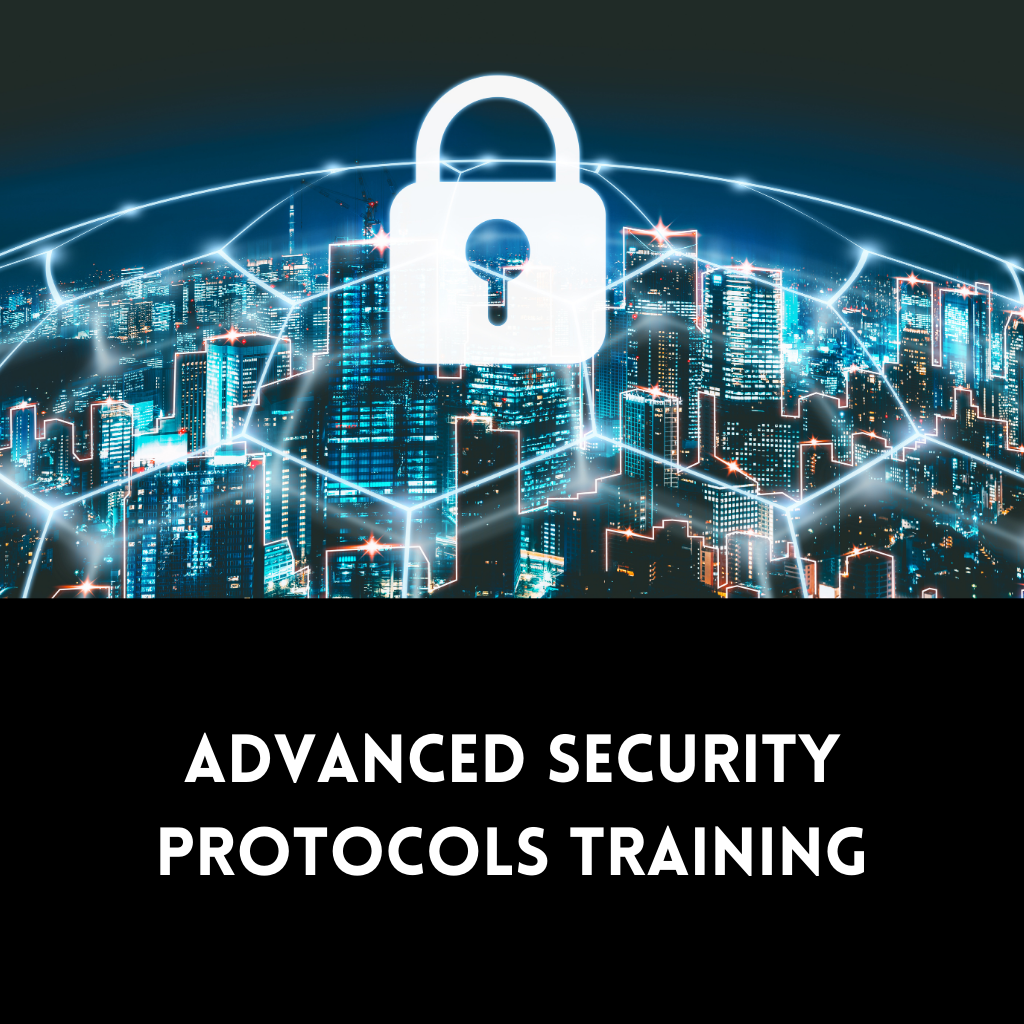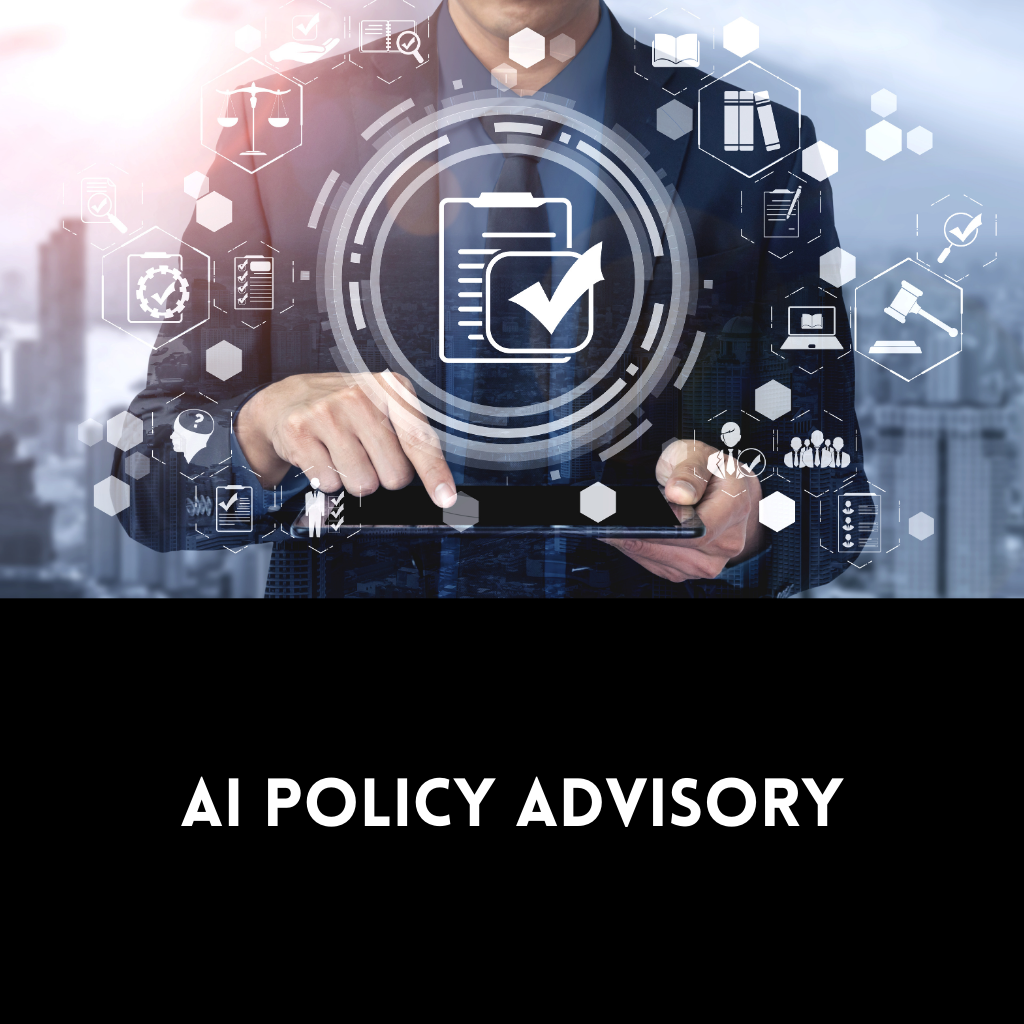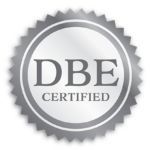Supercharging America's AI Workforce
Training focused on safe, responsible, and transparent AI development
- Lead the AI Revolution
- Innovation Focused
- Safe and secure AI

About Our Company
Did you know that the adoption of machine learning results in 2x more data-driven decisions, 5x faster decision-making, and 3x faster execution?
The rapid integration of artificial intelligence in government operations presents a dual challenge: maintaining a workforce proficient in AI while ensuring these capabilities are used effectively and ethically. We directly address this gap by providing specialized AI training designed for the specific needs and high standards of government agencies.
For over a decade, we have been at the forefront of AI education, specializing in training. Our expertise allows us to uniquely bridge the AI skills gap within government agencies, ensuring that your workforce is not only proficient but also leading in AI utilization.
OUR PROGRAMS

AI Essentials for Beginners
This program is designed for federal employees who are new to AI and want to understand its fundamental concepts. Through interactive modules and practical examples, participants will learn how AI can be utilized in government operations, focusing on foundational topics like data types, algorithms, and simple machine learning models.

Implementing AI Solutions
This program delves into more complex algorithms, data analytics, and the integration of AI tools into workflows. It aims to bridge the gap between theoretical knowledge and practical application. Participants will engage in hands-on projects that simulate real-world challenges, enabling them to develop practical skills in deploying AI solutions.

Advanced AI
Engineer
This advanced program will hone your technical skills, enabling you to design, build, and deploy sophisticated AI systems, including bots, automation algorithms, and advanced data analysis tools. We'll dive deep into the complexities of machine learning models, neural networks, and natural language processing as you learn from leading AI experts.

Lead with AI for Decision Makers
This elite program equips leaders with strategic insights to oversee and direct AI initiatives across operations. Dive deep into topics such as ethical AI deployment, policy development, and fostering an AI-ready culture. Engage with experts in high-level discussions and strategy sessions that will shape your approach to leadership in the AI space.
Why Now is the Time to Close the AI Skills Gap in Government
As AI technology rapidly advances, a significant skills gap emerges as a major concern. A recent SAS survey found that 63% of decision-makers from top U.S. firms across nine sectors, including government, report a critical shortage of high-quality AI and machine learning expertise.
How do we effectively ensure government workers don’t find themselves lost, or worse, left behind with so much changing around us so quickly? And how do we give workers the appropriate tools that ensure equity, accessibility and safety?
Here are the benefits of upskilling the workforce for AI in government
- Implement value based applications/solutions
- Develop solutions that are non legacy and extensible
- Data-driven decision-making
- Proactive leadership in AI policy
- Career development for employees
Topics Explored Include:
Why Us
It’s not just about equipping participants with skills; it’s about preparing your agency to lead with innovation and confidence in an ever-evolving digital landscape.
At our core, we’re about delivering AI training that truly resonates, specially crafted for the unique demands of government.




Questions? We are here to help.
FREQUENTLY ASKED QUESTIONS
How are the courses tailored to Government Agencies
Our AI training courses are carefully designed to align with the specific needs and challenges faced by government agencies. Here’s how we ensure each course meets the unique requirements of the public sector:
Customized Content: We work closely with government experts to develop course material that addresses the real-world scenarios and problems specific to government operations. This includes focusing on applications of AI in public safety, healthcare, transportation, and more.
Regulatory Compliance: Our courses include comprehensive modules on regulatory and ethical considerations relevant to government work. We cover how to navigate federal regulations regarding data privacy, security, and ethical AI usage to ensure all solutions are compliant and trustworthy.
Security Focus: Given the critical importance of security in government operations, our training emphasizes secure coding practices, data protection, and risk management strategies specific to AI implementations in the public sector.
Policy and Leadership Development: In our AI for decision-makers, we include training on how to develop AI policies and strategies, empowering leaders to make informed decisions about AI initiatives within their agencies.
What practical skills will participants gain?
Data Analysis and Interpretation: Participants will learn how to collect, analyze, and interpret large datasets using AI-driven tools. This includes training on how to use machine learning algorithms to uncover trends, make predictions, and derive insights that can inform policy and decision-making.
AI Model Building: Participants will gain hands-on experience in designing, training, and testing AI models. This includes everything from selecting the right algorithms and data sets to fine-tuning the parameters for optimal performance. Skills in machine learning and neural networks will enable participants to develop models that can be applied to tasks such as predictive maintenance, resource allocation, and fraud detection.
Automation of Routine Tasks: Participants will learn how to automate repetitive and time-consuming tasks using AI, freeing up valuable time for more complex problem-solving. This might include automating data entry, generating standard reports, or streamlining application processing.
Implementation of AI Tools: Practical training on the implementation and integration of AI tools into existing government IT systems. This includes understanding system requirements, handling integration challenges, and ensuring that new tools work seamlessly with legacy systems.
Ethical AI Deployment: Participants will develop the ability to assess and implement AI solutions responsibly. This includes understanding ethical considerations, recognizing potential biases in AI systems, and applying practices that ensure fairness, accountability, and transparency in AI applications.
How is the course content delivered
Live Online Sessions: Participants can join live-streamed lectures and workshops led by expert instructors. These sessions allow for real-time interaction, immediate feedback, and dynamic discussions.
On-Demand Video Modules: For the pre-requisites, we offer comprehensive video modules that can be accessed anytime, anywhere. These modules are professionally produced, featuring clear visuals and engaging content.
Interactive Simulations and Labs: To enhance practical learning, our courses include interactive simulations and virtual labs where participants can practice AI techniques in a controlled, risk-free environment. These activities help solidify learning through hands-on practice and real-time problem-solving.
Collaborative Projects: Participants will have the opportunity to work on collaborative projects that mimic real-world challenges. These projects are designed to apply learning in a practical context, helping teams to develop solutions that could be implemented in their actual work environments.
What measures are in place to ensure the security and privacy of training data?
Strict Access Controls: We implement rigorous access controls to restrict data access to authorized personnel only. This includes using multi-factor authentication, role-based access controls, and continuous monitoring of access logs to prevent and detect any unauthorized attempts.
Regular Security Audits: Our systems undergo regular security audits conducted by third-party security experts. These audits help us identify and rectify potential vulnerabilities, ensuring our defenses remain robust against evolving threats.
Compliance with Legal Standards: Our training programs are designed to comply with all relevant federal and state privacy laws and regulations, including GDPR, HIPAA, and FISMA. We stay updated on regulatory changes to ensure ongoing compliance.
Data Minimization: We adhere to the principle of data minimization, ensuring that only the minimum necessary data is collected and retained for training purposes. This not only reduces the risk of data exposure but also aligns with best practices for data privacy.
- Employee Training on Data Security: Our staff receives regular training on the latest data security and privacy practices. This training ensures that everyone involved in handling training data understands their role in protecting sensitive information.
At a Glance
- UEI:JXH7MTUHBB48
- CAGE #: 9SE89
- DUNS #: 131586875
NAICS Codes
- 611710 - Educational Support Services (Primary)
- 541990 - All Other Professional, Scientific, Technical Services
- 541490 - Other Specialized Design Services
- 611430 - Professional and Management Development Training
- 611420 - Computer Training
- 541512 - Computer Systems Design Services
- 541511 - Custom Computer Programming Services
- 518210 - Data Processing, Hosting, and Related Services
- 561320 - Temporary Help Services
- 541611 - Administrative Management Consulting Services






